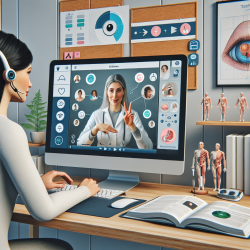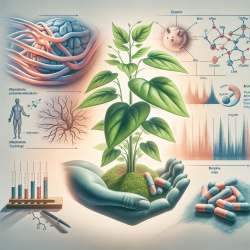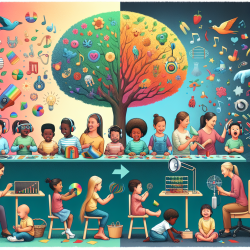Adolf Meyer, a pivotal figure in the development of Anglo-American psychiatry during the early twentieth century, introduced a transformative approach to clinical skills that remains influential today. His work at the Phipps Psychiatric Clinic at Johns Hopkins University emphasized the integration of social interaction and interpersonal relationships as essential tools for psychiatric investigation and therapy. This blog explores how practitioners can enhance their skills by implementing Meyer's innovative concepts.
The Foundation of Meyer's Approach
Meyer's vision of "New Psychiatry" was rooted in his concept of psychobiology—a biological theory that viewed subjective experience and social behavior as functions of human biology. He believed that mental disorders could not be understood solely through organic pathology but required a comprehensive examination of social adaptation and interpersonal dynamics.
At the core of Meyer's approach was the recognition that psychiatry must address not only the pathology of individual organs but also the broader integrations of individuals within their social environments. This perspective was revolutionary, as it expanded the scope of psychiatric inquiry beyond traditional clinical-pathological methods to include the ephemeral data of social dysfunction.
Implementing Social Skills in Clinical Practice
Meyer advocated for psychiatrists to wield social interaction as an investigative and therapeutic tool. He emphasized the importance of establishing rapport with patients and using common sense to evaluate their adaptive behaviors. Practitioners can enhance their skills by:
- Engaging patients in meaningful dialogue to uncover underlying social dysfunctions.
- Utilizing interpersonal skills to observe patients' interactions within controlled environments, such as hospitals or clinics.
- Applying psychobiological principles to understand how experiences and social contexts influence mental health.
The Role of Psychobiology in Modern Psychiatry
Meyer's psychobiological model continues to inform contemporary psychiatric practices by highlighting the interplay between biological processes and social adaptation. Practitioners are encouraged to consider how environmental factors and personal experiences contribute to mental disorders. By adopting a holistic approach that integrates biological, psychological, and social dimensions, clinicians can develop more effective treatment strategies.
Encouraging Further Research
Meyer's work underscores the importance of ongoing research into the complex interactions between biology and social behavior. Practitioners are encouraged to explore contemporary studies that build upon Meyer's foundational concepts, advancing our understanding of mental health care in diverse contexts.
To read the original research paper, please follow this link: Social Skills: Adolf Meyer’s Revision of Clinical Skill for the New Psychiatry of the Twentieth Century.










